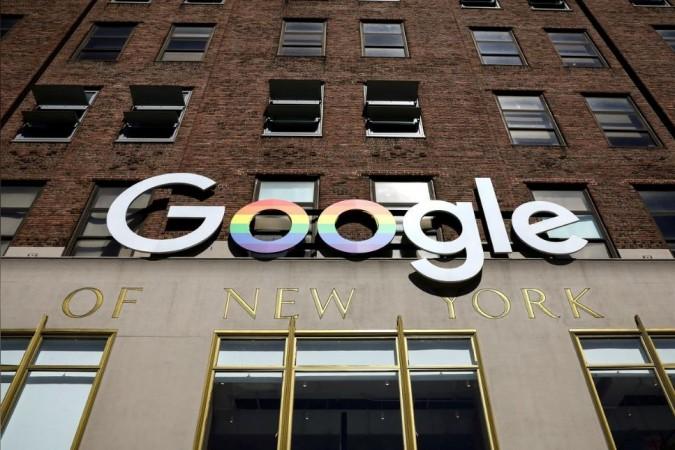In a landmark decision last week, 136 countries including India signed a pact to levy a minimum corporate tax of 15%. The pact would pave way for the governments across the globe taxing multinational companies where they operate. The step is part of a growing convergence that large multinational corporations are rerouting profits via low-tax jurisdictions in order to avoid paying taxes.
For over ten years, the Organization for Economic Cooperation and Development (OECD), which is mostly made up of developed economies, has led discussions on a minimum corporate tax rate. Next year, a multilateral convention will be signed. The greatest impact is likely to be felt by Big Tech companies, which have largely chosen low-tax jurisdictions to base their operations.

Why have governments come up with such proposals?
The new proposal aims to limit multi-national companies' ability to engage in profit shifting by requiring them to pay at least some of their taxes where they do operate. Earlier this year in April, US Treasury Secretary Janet Yellen urged the world's 20 advanced economies to adopt a minimum global corporate income tax. At this time, the US government benefits from a global agreement. Similar is the case with most other Western European countries, even though some low-tax European jurisdictions, such as the Netherlands, Ireland, and Luxembourg, as well as some Caribbean jurisdictions, rely heavily on tax rate comparative advantage to attract MNCs.

It is pertinent to note that the IMF has also expressed some interest in the proposal. While China is unlikely to object seriously to the US call, Beijing is concerned about the impact on Hong Kong, which is the world's seventh-largest tax haven, as per a study published earlier this year by the advocacy group Tax Justice Network. Furthermore, China's strained relationship with the United States may act as a deterrent in negotiations.
How will this affect big tech companies?
Aside from low-tax jurisdictions, the proposals are tailored to address the low effective tax rates paid by some of the world's largest corporations, including Big Tech behemoths such as Apple, Alphabet, and Facebook, as well as Nike and Starbucks. These giants will have to pay taxes in the country of their operation. Importantly, these firms generally depend on complex webs of subsidiaries to divert profits from big markets to low-tax jurisdictions such as Ireland, the British Virgin Islands, the Bahamas, or Panama.










